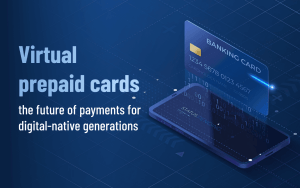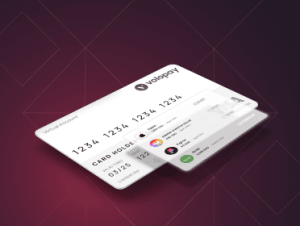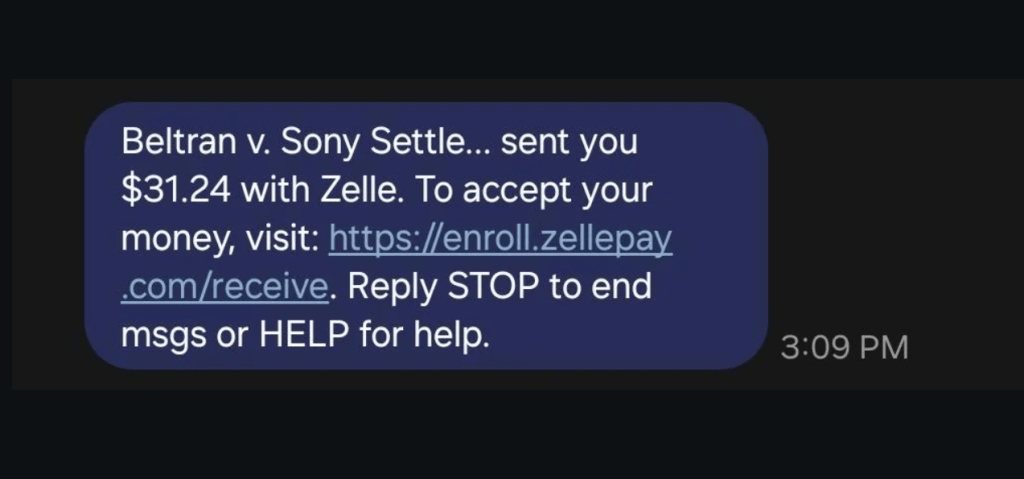A significant legal step, the Beltran v. Sony class action case addresses issues regarding privacy violations by Sony Pictures Entertainment subsidiary Crunchyroll. Many subscribers who think their personally identifiable information (PII) was shared inappropriately may be impacted by this settlement. In order to further assist class members in understanding their rights and options, this comprehensive guide provides a detailed analysis of the case background, the conditions of the settlement, and comprehensive answers to frequently asked questions.

Case Background and Overview
Under the case number 1:22-cv-04858, which was formerly known as Beltran, et al. v. Sony Pictures Entertainment, Inc. d/b/a Crunchyroll, Judge Sara L. Ellis of the U.S. District Court for the Northern District of Illinois is in charge of the litigation. On behalf of themselves and other parties who may be similarly impacted, Salvador Beltran, Jr. and Eli Gross, the plaintiffs, have filed this class action lawsuit, claiming that the Video Privacy Protection Act (VPPA) has been violated.

Claims and Allegations
This lawsuit’s main claim is that Crunchyroll illegally disclosed users’ personally identifiable information to other parties, including well-known tech companies like Facebook, Google, and Adobe. The plaintiffs claim that the VPPA, which is intended to protect customers’ video rental and viewing histories, was broken by this behavior. In spite of these accusations, Crunchyroll maintains that it did nothing unlawful, which resulted in a settlement without a final court decision.
Settlement Details Explained
The goal of the proposed settlement is to recompense impacted class members faster than if the case proceeded to trial while avoiding the risks and costs of drawn-out litigation. Class members are entitled to reimbursement in the form of virtual prepaid cards as part of the settlement.
Distribution and Compensation Mechanism
The settlement establishes the parties who will receive compensation as well as the method by which it will be given. Any Crunchyroll subscriber whose PII was disclosed to third parties without authorization within the lawsuit’s designated class period is eligible for the payment.
Comprehensive FAQs About the Settlement
Q1: What compensation does the settlement provide?
Compensation in the form of virtual prepaid cards is provided by the settlement. The number of players who submit a legitimate claim will decide the cards’ worth.
Q2: How much will each payment be?
After deducting administrative expenses and legal fees, the precise amount that each class member will receive will depend on the total number of valid claims that have been made against the settlement fund.
Q3: When are payments expected to be issued?
Payment distribution is planned to take place following the court’s ultimate acceptance of the settlement, pending the outcome of any challenges. Further information about the schedule will be available on the date of the final approval hearing.
Q4: How can I claim my payment?
Class members must submit a claim form by the deadline listed on the official settlement website in order to be eligible for payment. There are comprehensive guidelines for submitting a claim.
Q5: What rights am I giving up by participating in the settlement?
By taking part in the settlement, you give up the right to take Crunchyroll and any affiliated companies to court for any claims relating to the purported privacy infringement.
Q6: What if I do nothing?
If you do nothing, you will forfeit your rights to claim any settlement compensation and to sue on the related claims.
Q7: Am I represented by a lawyer?
Yes, the court has appointed attorneys to represent the interests of the class. These attorneys are known as class counsel.
Q8: How is the legal representation financed?
Attorneys’ fees and expenses will be paid from the settlement fund as approved by the court.
Q9: Can I opt out of the settlement?
You can opt out of the settlement by submitting a written request by the deadline specified on the settlement website.
Q10: What happens if I exclude myself?
Excluding yourself means you will not receive any benefits from the settlement, but you retain the right to sue Crunchyroll separately for the claims covered by this lawsuit.
Q11: How do I object to the settlement?
To object to the settlement, you must file a formal objection by the deadline, explaining why you believe the settlement should not be approved by the court.
Q12: What is the difference between objecting and excluding myself?
If you disagree with the settlement, you can still be a member of the class and voice your concerns about the terms of the settlement; if you exclude yourself, you are no longer a member of the settlement class.
Q13: When and where is the final approval hearing?
The final approval hearing will take place on a specific date, which is listed on the settlement website, at the U.S. District Court for the Northern District of Illinois.
An important advancement in the enforcement of privacy laws and the defense of consumer rights is the Beltran v. Sony settlement. Members of the class must be fully aware of the settlement’s ramifications, as well as their rights under the proposed agreement and the procedures for filing claims for compensation. This settlement emphasizes the need of safeguarding consumer information as well as the legal recourse afforded to individuals impacted by breaches of this nature.
To Know More Latest Finance News then Visit – stevedigioia.com



